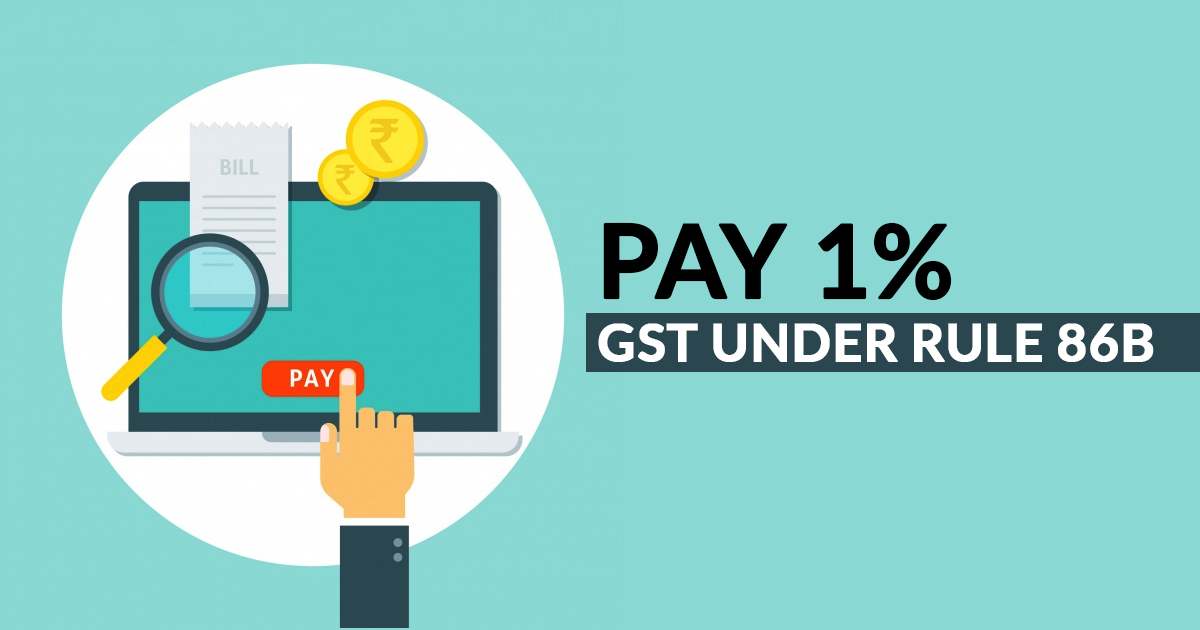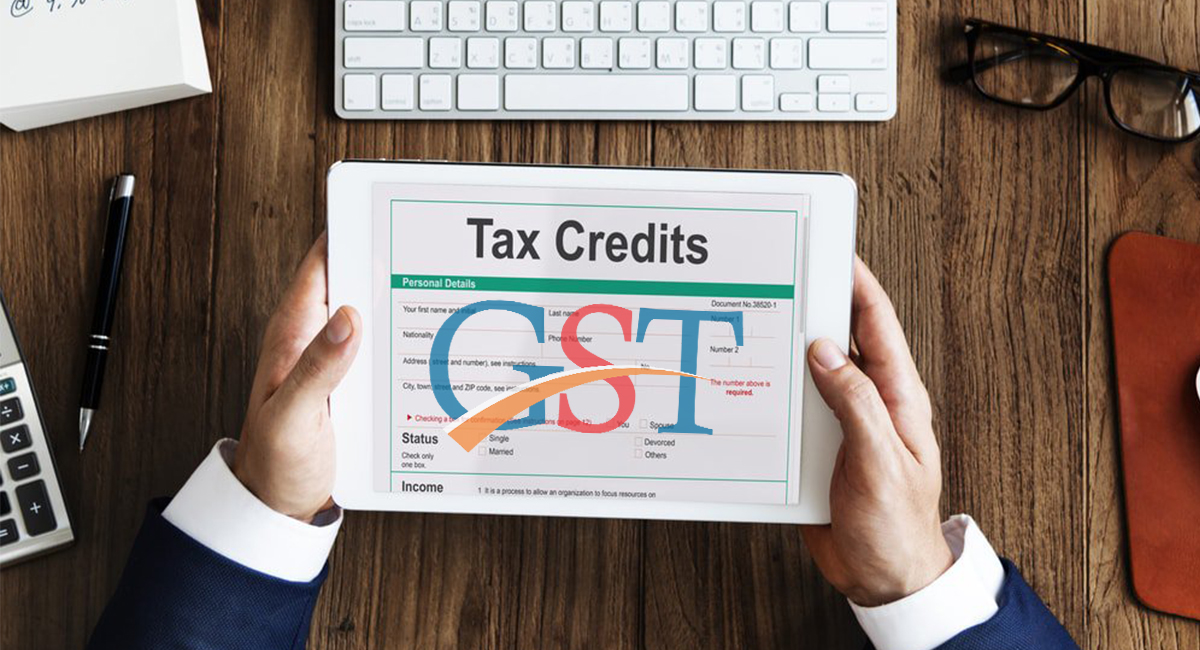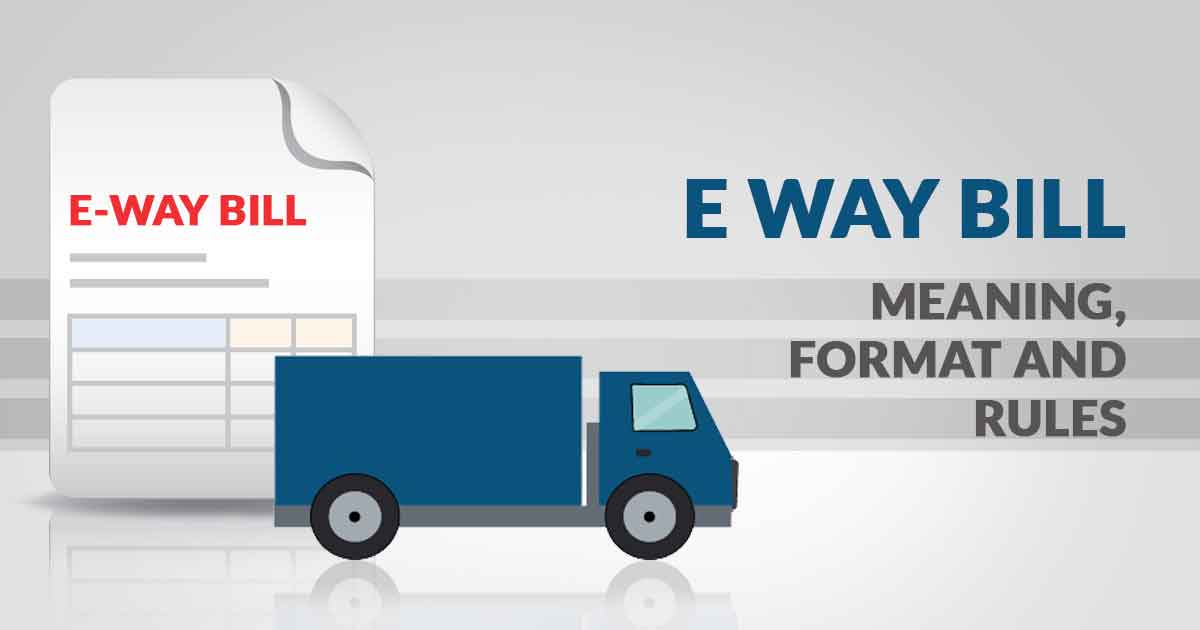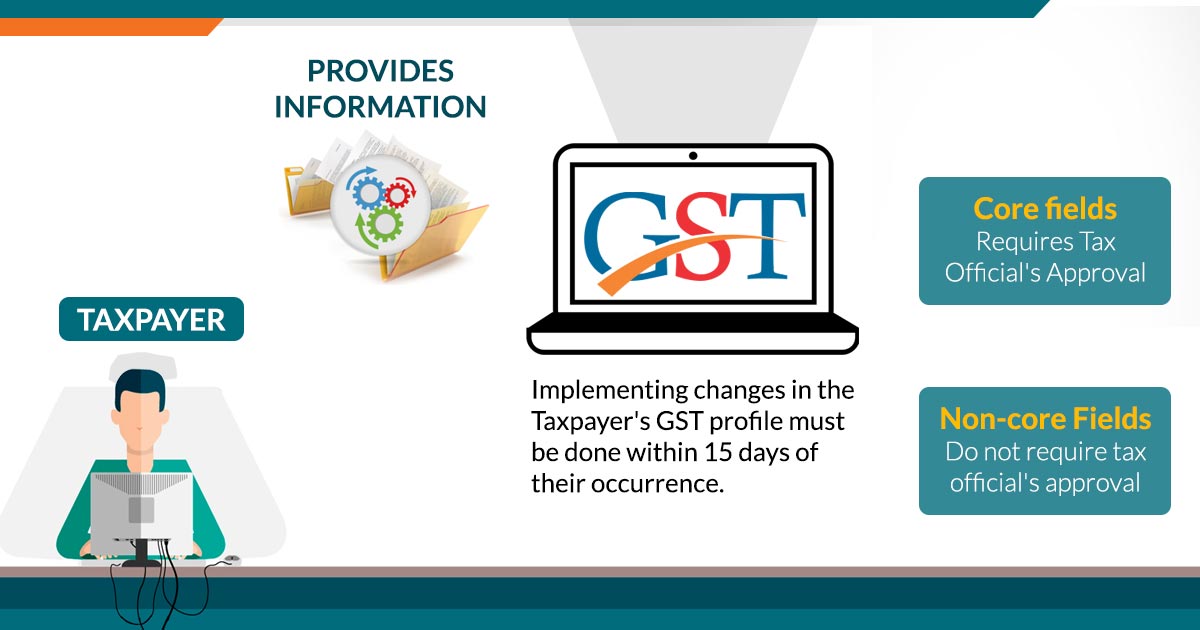The central government has inserted a rule to prevent fraud from claiming an input tax credit under the GST. Now, businesses having a monthly turnover above ₹ 50 lakh will require to pay at least 1% of their GST in cash.

Latest Changes for New Rule Under 86B of CGST Act
Recently there was a mass uproar over the new rules released by the government. Beneath the goods and services tax (GST) the government has kept the rule which they had made recently which states a compulsory cash payment of at least 1% of tax liabilities for the trade whose turnover is over Rs 50 lakh per month rather than utilizing their ITC to give the whole payable tax.
On social media, the rule has stated that criticism is there in between the chartered accountants and the assessee, creating risks that the compulsory cash payment which will create an impact on the small business which will enhance their need of working capital and build the GST as more difficult.
“If a registered person deposited more than INR 1 lakh rupees as income tax in each of the last two years, or received a refund of more than INR 1 lakh in the preceding financial year on account of the export or inverted tax structure, they will be exempted from the rule,”
The department said “We have arrived at this rule after detailed deliberations in the GST Council’s Law Committee to identify and control only fraudsters involved in fake invoices and input tax credits. Our nationwide drive against such frauds has led to 175 arrests and more than 1,800 cases being booked against 8,000 fake entities since the second week of November,”
One more amendment the central government introduced this time is that for missing invoices, businesses can now only claim an input tax credit 
The Central Board of Indirect Taxes and Customs (CBIC) also introduced Rule 86B under the Central GST Act, which prohibits the use of input tax credit to reduce the GST liability to 99 percent.
The CIBIC said that “The registered person shall not use the amount available in electronic credit ledger to discharge his liability towards output tax in excess of 99% of tax liability, in cases where the value of taxable supply in a month exceeds Rs 50 lakh”.
Meanwhile, At the time of calculating the turnover limit, the sale of GST exempt goods 
This limitation will not be applicable in cases where the managing director or any partner has paid income tax above Rs 1 lakh or the registered person has received a refund amount exceeding Rs 1 lakh in the previous financial year due to unused input tax credit.
Abhishek Rastogi, the partner at Khaitan and Co, said “Any restriction on credit usage may be subject to judicial review as GST was always intended to be uninterrupted credit”. Abhishek Jain EY Tax Partner stated that “The idea is to prevent mis-utilization of credit by businesses taking fake credits”.
He further added that people claiming crores of rupees in fake input tax credit would be in jeopardy as they would have to deposit 1%, which itself can run into crores of rupees.
In addition, CBIC also made some changes to the GST rules, which prohibit the filing of outward supply details as relevant to businesses that have not paid tax for the previous period by filing a summary input-output form. Additionally, the e-way bill will be valid for 1 day for every 200 km of travel which was limited to 100 km earlier.
So far, the non-filing of GSTR 3B results in the suspension of the GST e-way bill 
A tax expert said that “These changes indicate that the government is grappling with lower tax collections and high tax evasions, the burden of which will again be on honest taxpayers.”
The CBIC has already notified that for the purpose of getting GST registration 